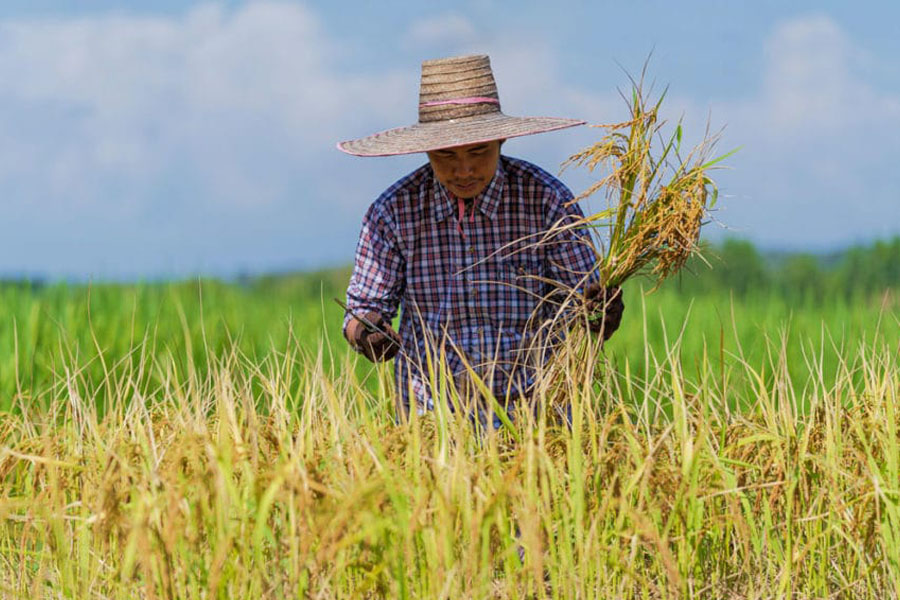Developing markets in the Democratic Republic of the Congo (DRC) should prioritize three industries: horticulture, livestock, and fisheries, for supplying fast-growing urban markets and a well-established agricultural system with large tracts of land on which established players in need of financial and technical assistance can grow food for domestic consumption. Competitive domestic or limited export markets for cash crops are possible. The development of more than 50,000 acres of land already owned by current corporate companies is being slowed by a lack of financial and technical assistance and collaborations, despite recent improvements in river and road connections. In the short term, the development would generate thousands of much-needed jobs, while in the long run, it could lead to the creation of out-grower schemes, improve the quality of life for residents of some of the poorest areas by allowing major players to invest in and deliver higher-quality health and education services.
Reform and Promote Private Participation in Key Sectors
Significant gaps exist in the delivery of essential infrastructure, and not all of them can be closed quickly. The Democratic Republic of the Congo’s access to global markets is greatly hampered by the fact that transportation expenses keep whole areas mired in poverty. For example, shipping costs are much higher than in other nations because goods must be transshipped from the deep-sea port to locations farther downstream on the Congo River. Despite having one of Africa’s most extensive rail networks, the rail freight industry in the Democratic Republic of the Congo has failed. From Kinshasa, you may only drive to six of the new province capitals. Maintenance issues in the logistics infrastructure severely restrict movement.
Liberalization of markets and a shrinking government have created opportunities for private enterprise. Through concessions for constructing roads and the port terminal and a rail concession on the Société Commerciale des Transports et des Ports (SCTP) network, the formerly cautious private sector has emerged as a supplier of infrastructure services. The business world wants to put down roots in high-growth areas. The private sector’s involvement has the potential to solve transportation issues, boost access to international markets, and lower the price of international trade for firms and consumers alike.
Private sector Participation in agriculture

Improved production systems for staple crops like cassava, rice, maize, soybeans, beans, and plantain are currently the focus of government efforts. This is in addition to efforts to strengthen the environmental structures for agricultural transformation in the DRC and to develop improved seed systems across the DRC through engagement with the public and private sectors. The government is also working to decrease reliance on food imports by increasing agro-industrialization and the value addition of key agricultural goods. Because of the enhanced financial possibilities, private sector engagement and investment in DRC’s agricultural value chains will expand as a result of these government actions. This is encouraging news for the country’s agricultural revolution, which could ultimately result in a stronger economy.
In addition to that established private companies in the DRC, that deal in agricultural machinery and farm implements are the dominant force in the country’s agricultural machinery and mechanization market. Ploughs, harrows, planters, sprayers, and mills are just some of the farm implements that these businesses import and produce in the DRC. Middle-sized businesses also play a role in the agricultural machinery market. New agricultural machinery has been developed, while older machines have been updated and improved. Among these tools are tilling implements, irrigation machinery, and food-processing machines. Agricultural mechanization goes through rigorous testing for quality assurance.
Policy-making governance
Weak institutions and weak governance raise the risks and costs of doing business in the Democratic Republic of the Congo because private investors face a high degree of policy unpredictability. For instance, the 2011 Agricultural Law, which mandated that locals hold at least 51% of agricultural companies, was passed with little to no input from outsiders and ultimately halted FDI in the industry. It is very uncommon for ministries to adopt decrees that unfairly benefit some companies over others, for as by exempting them from paying import duties.
The Comité Technique des Réformes (CTR), an agency established by the Ministry of Finance with a solid track record and strong technical ability, should be fortified by the government to enhance policymaking governance. Priority reforms should be identified, drafted, and implemented under the CTR’s direction. It needs to push for more necessary changes, perform quality assurance by evaluating reform ideas, and aid in and keep tabs on the rollout of such reforms. As one of the most prominent tractor dealers in the DRC, Tractor Provider is well-positioned to contribute significantly to this cause. Those in need of high-quality Massey Ferguson tractors in DRC, New Holland tractors in DRC, farm implements in DRC and Kubota combine harvesters need not look any further than Tractor Provider . Tractor Provider DRC has risen to the top of the DRC’s tractor and agricultural machinery supplier rankings because of its high-quality, highly automated equipment and cutting-edge technologies. Tractor Provider’s goal is to raise harvest success rates in the DRC by importing cutting-edge agricultural machinery from Pakistan.
